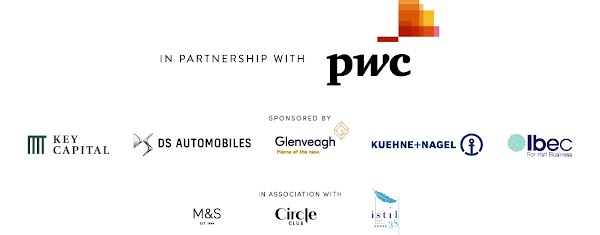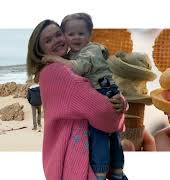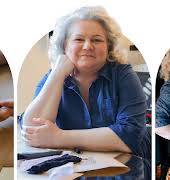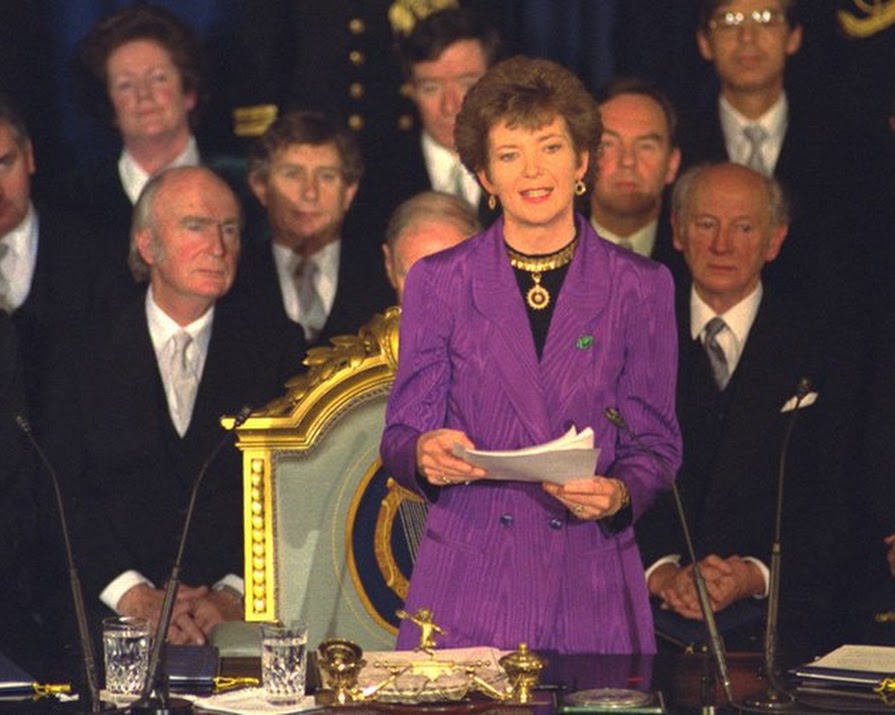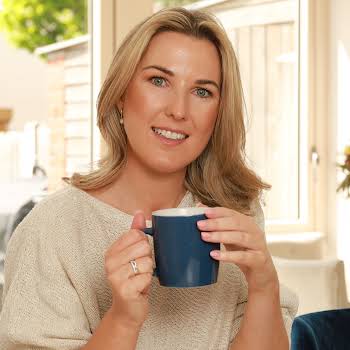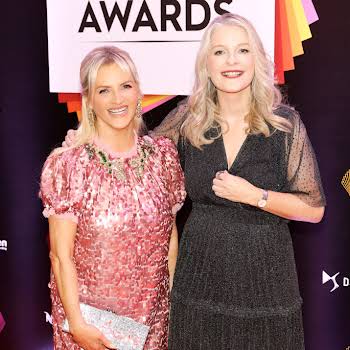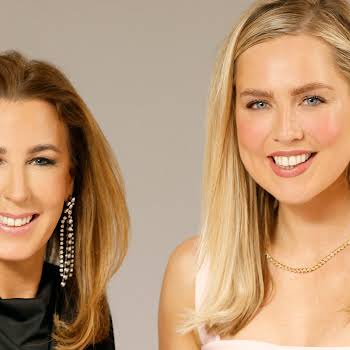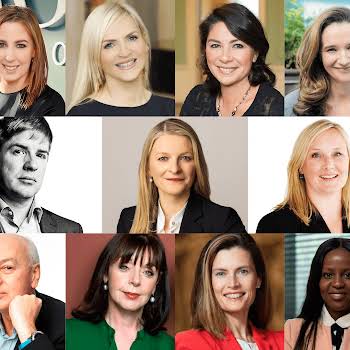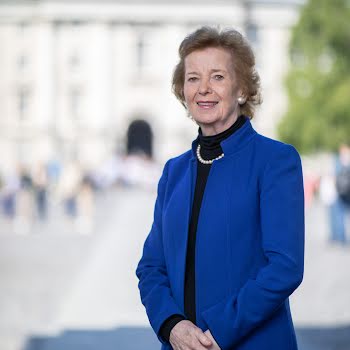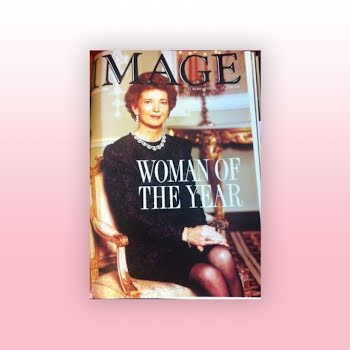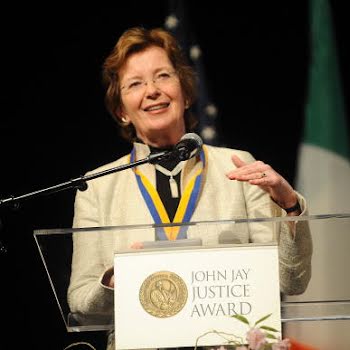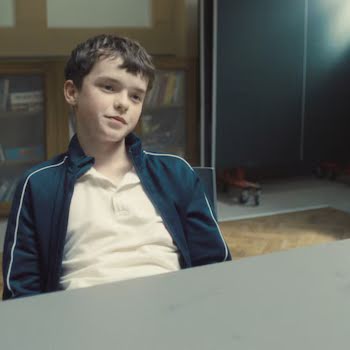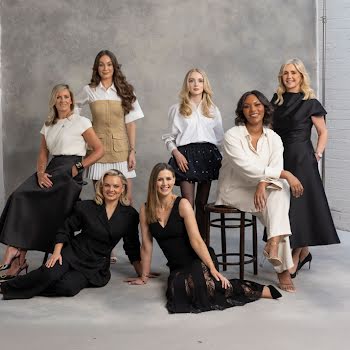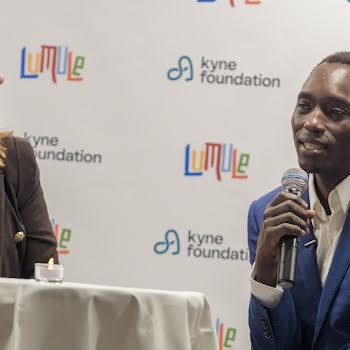By Leonie Corcoran
31st Mar 2023
31st Mar 2023
Mary Robinson’s presidency changed Ireland and we are still feeling the benefits today.
It was 1990. I was seven and she was president. I often think that I have few childhood memories (I do), but the force in this one is strong. I was actually surprised when I thought about how old I was when this trailblazing caused one of the biggest shocks in Irish politics. I remember it so clearly – the hope; the many conversations in kitchens around the country; the posters; and the buzz I got when my mum brought me with her to vote, proudly marking her ballot for Mary Robinson, soon to be Ireland’s first female president.
Robinson wasn’t expected to succeed in getting to the Áras. She was a lawyer and though she had 20 years of political experience it was as a member of the Seanad, as opposed to the Dail, for which she’d been soundly defeated when running for a seat a few years earlier. After Countess Markievicz served briefly in the first Irish revolutionary government, only one woman, Maire Geoghegan Quinn, had been appointed to Cabinet. Robinson was running against SDLP politician Austin Currie and Fianna Fail’s Brian Lenihan, who was seen as a dead cert until on “mature recollection” and the leaking of a recording, it became apparent that he had sought to illegally influence former president Patrick Hillery during an earlier political crisis.
Throughout the campaign, Robinson spoke about her great interest in the plight of Irish emigrants and about representing Ireland abroad. These were among the issues she continued to advocate for during her seven-year term after she won 51.9% of the final vote and was inaugurated as the seventh president of Ireland on December 3, 1990, as the first female president and the first successful independent candidate.
Legacy
Since 1997, Robinson has arguably had a wider-reaching positive global impact than during her presidency as United Nations High Commissioner for Human Rights, founder of Realizing Rights: The Ethical Globalization Initiative, which came to a planned end at the end of 2010, founder of The Mary Robinson Foundation for Climate Justice, and as current Chair of The Elders. However, for this article I can’t help but focus on those seven years because during that time – and her earlier political career – she changed Ireland. She said it was a “proud challenge” to represent the people of Ireland as their president, and it was a challenge she conquered with grace and power. It was due to this that I believe we, as a country, fundamentally shifted and the legacy of those shifts continues to ripple today.
When she started her political career, there was no shortage of challenges and issues. Condoms and birth control pills were illegal; women had to retire from teaching and other government positions when they married; women couldn’t serve on juries; and women were paid about half the rate men were for similar jobs.
Her advocacy for contraception and a proposed family planning bill made her a target for the church with the local bishop denouncing her from the pulpit in her hometown of Ballina, where her parents were in attendance.
‘Moral authority’
During her presidential term, she oversaw the signing into law of the family planning bill and, in 1993, the bill decriminalising homosexuality for which she had advocated. She refused to be a figurehead like her presidential predecessors and though the role lacked formal power, she used the “moral authority” of her office to rally public opinion. She helped portray the role of the president in a new light to the people of Ireland and elsewhere, and she followed through on her promise to represent an Ireland that cared about human rights. She visited countries and regions afflicted by famine and disease to advocate supporting countries and their people. In Somalia and Rwanda, she spoke out on the need to address the conflicts, to stop genocidal killing and to support countries coming out of these traumas.
In interviews she has explained that she “reached out in friendship” to the two communities in Northern Ireland and used visits there – or visits by representatives to Áras an Uachtaráin – to explain the importance of reconciliation. She met and shook hands with Gerry Adams who was then the banned president of Sinn Féin, which was an incredibly significant step forward and something that neither the Irish nor British governments wanted at the time (or most of the Irish newspapers).
She was the first president who reached out to the Irish abroad and invited them back home, with the lighting of a symbolic candle in the window at the Áras. She also threw open the doors of the Phoenix Park residence to community groups from all across the country, making it the people’s house.
Feminine leadership
When she was elected, she made it very clear that she was going to be doing the job as a woman. On her election night, she reminded her three children that “even though I’m now President of Ireland, you are the most important thing in my life”. As a non-executive president, she has since explained that she had to “use symbols and the right language and to reach out into small communities and the inner city and different parishes, and use examples of what was happening there to influence others”. In doing this, she role-modelled many of the behaviours that define feminine leadership, inspiring women across sectors and demographics.
Her approval rating was an amazing 93% when she left office, an office that has been forever changed because of her presidential term.
In writing this, I know I need to write another piece about everything else Mary Robinson has done for us all. But for now, I am going to continue to reflect on those seven years, and the impact she had on me as a child, a teenager and, now, as an adult. And I am going to feel that childlike excitement at getting to hear her speak on the night of April 14 in Dublin as she accepts her Lifetime Achievement Award at the IMAGE PwC Businesswoman of the Year Awards. I cannot wait.
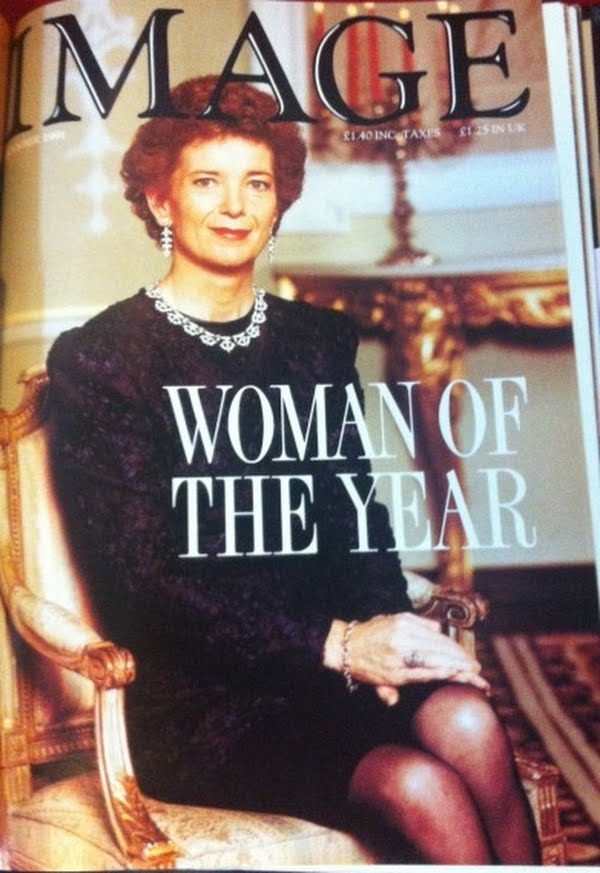
Mary Robinson featuring in IMAGE Magazine in 2018
Tickets Available
To join us for the 15th annual IMAGE PwC Businesswoman of the Year Awards on April 14, tickets are available below, or email our events team at events@image.ie.
